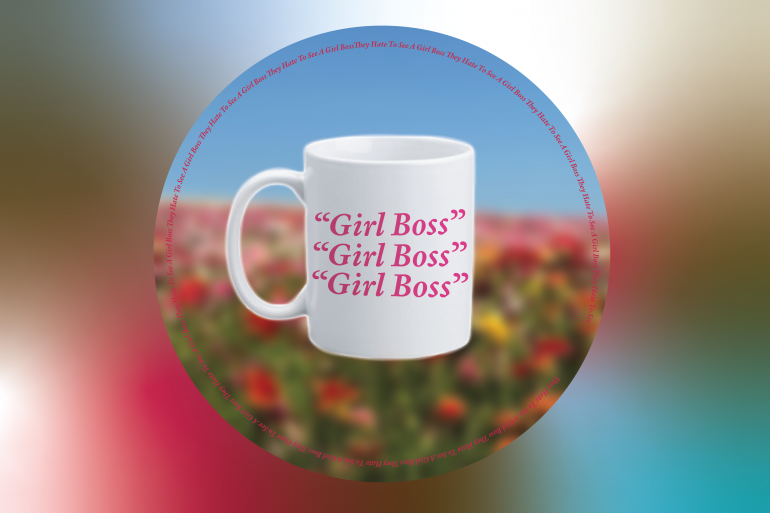I recently saw the term “girl boss” turn into a meme. I even catch my roommate and I call each other “girl bosses” and “boss babes” as a joke as we continue to handle schoolwork, passion projects, and hunt for internships. She even made a short documentary exploring different internet archetypes. The one that made me laugh the most was when she transformed into a girl boss by putting a pink blazer to mock an IG-live of a local “She EO” she knew back home.
But as jokes and memes are on the rise, there is more talk on the internet if the term “girl boss” is more harmful than uplifting. I’ve kept track of both arguments just by reading what people comment on Tik Tok and tweets about the term. The verdict is in: Some women feel seen, others think it’s setting others back. But first, let’s dissect the HERstory of the term girl boss.
In 2014 I read Sophia Amuroso’s biography titled “Girlboss.” If you are not familiar with Amuroso, she is an American businesswoman most known for being the founder of Nasty Gal. Initially born as “Nasty Gal Vintage” on eBay, she sold unique vintage clothing as a 22-year-old from her room. Since her biography and Nasty Gal’s downfall, she’s ventured on to learn from her mistakes and entirely focus on the “Girl-Boss” brand. With a Netflix show on loose events of her life and creating business masterclasses to help uplift women in business and entrepreneurship.
Though language and slogans sometimes don’t age well, the “girl boss” is questionable. Even though it is meant to uplift women and advocate for women in the same positions as men in business, politics, medical, and other professions. It encourages a “type of feminism that is one size fits all.” After a summer of racial uprisings and seeing so many posts from fashion brands saying “we’ve failed you” and “we need to do better.” Diversity in the workforce is not a conversation for just seeing women thrive.
The real conversation that needs to be talked about is encouraging diversity and empowering ALL individuals in leadership positions. The cutesy Girlboss nickname is very exclusive. Though, I have also seen the opposite views, women who stand by the “girl boss” phrase and say that they feel seen. It is almost like confirmation for women that there is a space for them.
So, what’s the final verdict?
Words by Daniela Guevara
Graphic by Emily Monet

